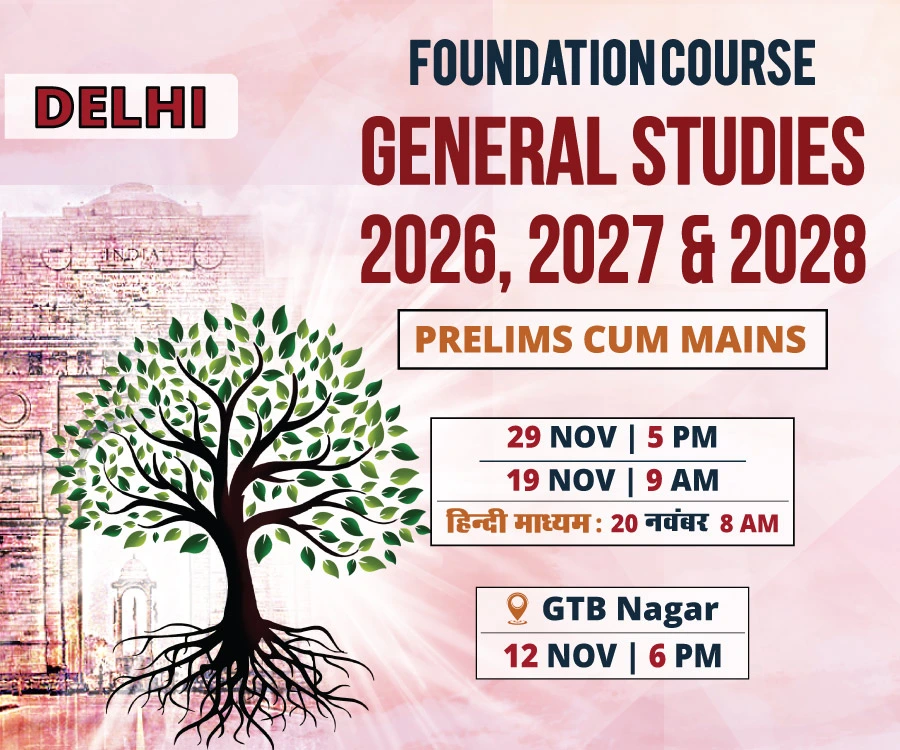Recently, Sixth Committee of the UN General Assembly (UNGA) approved ‘United Nations Conference of Plenipotentiaries on Prevention and Punishment of Crimes against Humanity’.
- Sixth Committee of the UNGA is the primary forum for the consideration of legal questions in the General Assembly.
- Crime against Humanity is defined as specific criminal acts including murder, rape, torture, apartheid, deportation, and persecution, when committed as part of a widespread or systematic attack directed against any civilian population according to a state or organizational policy. (Rome Statute)
Need of a Treaty on Crimes against Humanity
- Absence of dedicated international treaty: Existing International Humanitarian Laws (the laws of war such as Geneva Convention) do not adequately proscribe potential crimes that can be committed in non-armed conflict situations.
- To provide comprehensive framework for countries: It would offer new pathways for victims of crimes against humanity and provide framework for countries to incorporate these crimes into their national legal systems.
- Global cooperation: It would also foster cooperation with other states, for example through mutual legal assistance.
Existing Mechanisms to prevent Crimes against Humanity
|








